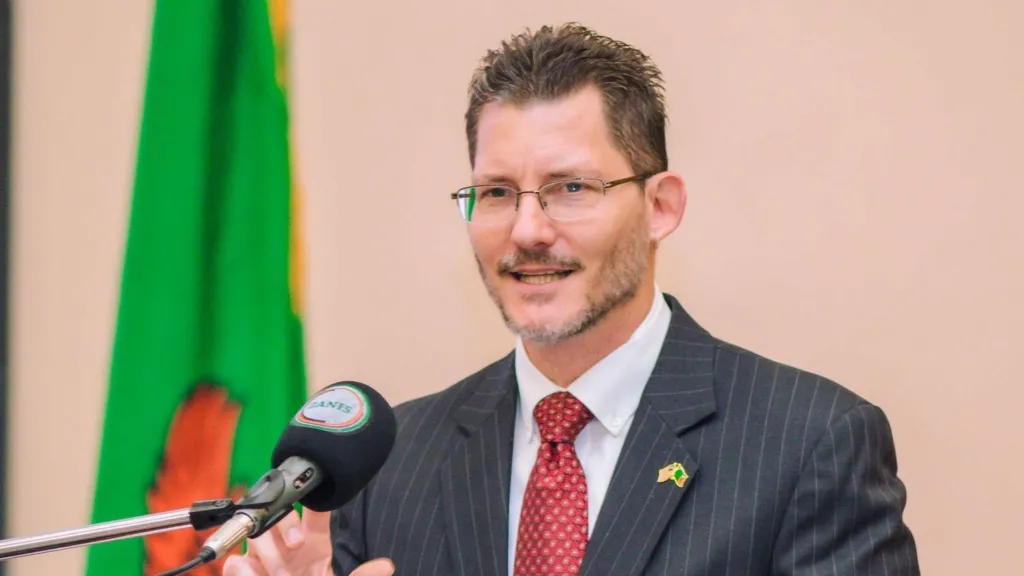The United States has suspended \$50 million in health assistance to Zambia, citing the government’s failure to curb what it described as the “systematic theft” of donated medical supplies intended for vulnerable patients.
US Ambassador to Zambia Michael Gonzales said the move was “difficult” but unavoidable, following repeated warnings to authorities in Lusaka. He emphasized that the US would no longer support a system where corrupt actors profit while ordinary citizens struggle to access life-saving medication.
“We are no longer willing to underwrite the personal enrichment of fraudsters or the corrupt,” Gonzales stated. “Zambian patients continue to go without essential medicines that the US has provided at no cost.”
The Zambian government has yet to respond to the announcement.
The US accounts for roughly a third of Zambia’s public health spending, but a year-long investigation by the US embassy uncovered widespread theft of donated drugs. More than 2,000 pharmacies were inspected, and about 95 percent of those selling US-supplied medicines were also found to be dealing in stolen supplies.
The probe revealed that not only US donations, but also medical supplies funded by the Zambian government, the Global Fund, and other international donors were being sold illicitly through private channels.
Despite sharing its findings with the Zambian government and offering technical support to prevent further theft in April last year, the US said little had been done. Law enforcement reportedly targeted only low-level offenders, with few mid-level officials arrested and no comprehensive action taken against the networks behind the thefts.
The cuts, which will affect the supply of drugs for malaria, HIV, and tuberculosis, are set to take effect in January next year. Gonzales said this window gives Zambia time to establish alternative mechanisms, but confirmed the decision is final.
“This is not a decision we have taken lightly,” Gonzales said, visibly emotional as he addressed the potential impact on patients.
The aid reduction is separate from the broader freeze on foreign assistance introduced by former President Donald Trump in January under his “America First” agenda. That freeze has already disrupted key health programmes across Africa, including HIV drug shipments, and led to the winding down of many USAID projects.
Reacting in March, Zambian President Hakainde Hichilema criticized the US cuts, saying his country had been “slapped on both cheeks” and needed to strengthen its own capacity to fund healthcare.



